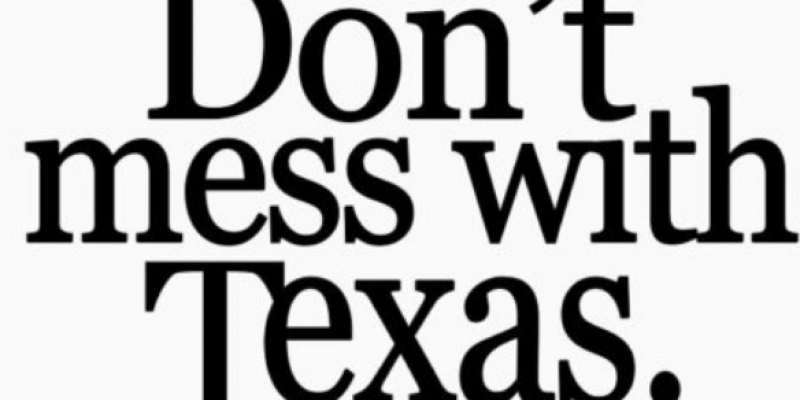Billionaire and former New York City Mayor Michael Bloomberg plans a $100 million online advertising campaign to target low income and minority voters in several general election swing states.
Some analysts argue his plans may have the opposite effect intended.
Bloomberg has switched party affiliation several times in his career. Before 2001, he was a registered Democrat. From 2001-2007, he was a Republican while mayor of New York City. From 2007 to 2018, he was an Independent. He then switched back to being a Democrat in 2018.
Bloomberg announced his bid for the 2020 Democratic nomination for president while pouring $3 million into a television ad campaign targeting key markets in Texas, according to Advertising Analytics, a Virginia-based company that tracks ad buys.
Bloomberg also promised to make Arizona part of his bid. Both states are led by Republican governors who were newly elected as chair and co-chair of the Republican Governor’s Association.
The 60-second ads ran for one week ending Dec. 2 in the Austin, Dallas-Fort Worth, El Paso, Harlingen-Weslaco, Houston and San Antonio markets.
Texas is one of 32 states in which Bloomberg is spending a total of $35 million on airtime—the largest one-week television ad buy in political history, according to Advertising Analytics.
According to CNN, Bloomberg has already spent $1 million worth of ads in Illinois, North Carolina, Ohio and Washington, and nearly $1 million in Michigan alone. Bloomberg’s top five markets for spending on television ads are Dallas, Houston, Los Angeles, Miami and New York.
Of the 2019 Democratic presidential nominees, none have run broadcast television ads in Texas.
When non-Texan outsiders have announced their plans to target Texas politically, Republican Gov. Greg Abbott has warned them “not to mess with Texas.”
Pointing to a story published by The Wall Street Journal, Abbott tweeted, “This story explains how Eric Holder, Barack Obama, George Soros & others spent $50 million to win Virginia legislative seats to control the redistricting process. Now they target a Texas takeover. We’ll remind Eric Holder not to mess with Texas.”
Bloomberg’s voter registration drive, according to TIME, will begin early next year initially in Arizona, Michigan, North Carolina, Texas and Wisconsin.
The Republican Party of Texas hired political consultant Karl Rove to run its voter registration and identification program in the state, according to Texas Scorecard.
Policy and communications consultant Paul Bledsoe says Bloomberg’s efforts could help reelect President Trump.
“Bloomberg’s campaign risks further dividing Democrats over issues of extreme wealth and economic fairness,” Bledsoe writes for The Hill.
“Outside of buying votes with TV ads, it’s unclear what cohort of democratic primary voters he and his campaign think he can win,” Bledsoe added. “None of the major groups – progressives, women, blacks, Hispanics, the young, and working-class voters – seem to have any strong reason to support him.”
Bloomberg initiated several tax hikes as New York City mayor, including initially on the Big Gulp, which he then sought to ban. His reasoning, pointing to health department data, was that increasing sugar intake contributes to obesity and diabetes, which creates a greater burden for the taxpayer and increases healthcare costs for low-income residents. By banning large fountain drinks at fast food restaurants, which primarily service lower income patrons according to Bloomberg’s reasoning, he sought to decrease patrons’ sugar intake as well as overall healthcare costs.
The state appeals court disagreed. It ruled that Bloomberg’s effort to ban the Big Gulp and 16. oz sodas was unconstitutional, and “violated the state principle of separation of powers.”
Bloomberg explained part of his taxation policy at a Spring 2018 IMF meeting in Washington, D.C., arguing that increasing taxes on the poor will help them live longer. He told Christine Lagarde, then-managing director of the IMF, “Some people say, ‘Well, taxes are regressive.’ But in this case, yes they are. That’s the good thing about them because the problem is in people that don’t have a lot of money. And so, higher taxes should have a bigger impact on their behavior and how they deal with themselves.
“So, I listen to people saying, ‘Oh, we don’t want to tax the poor.’ Well, we want the poor to live longer so that they can get an education and enjoy life. And that’s why you do want to do exactly what a lot of people say you don’t want to do.”
This article was first published by The Center Square.
Advertisement
Advertisement

